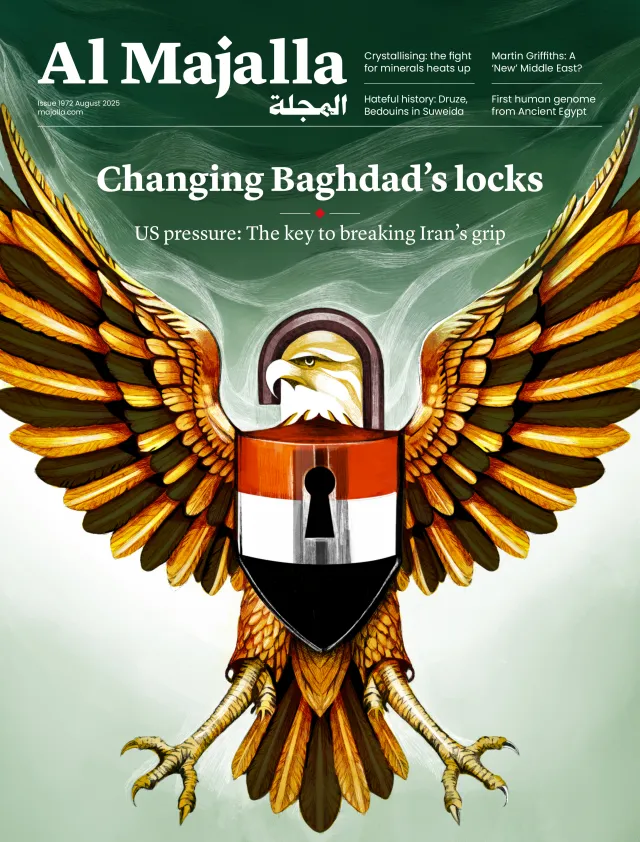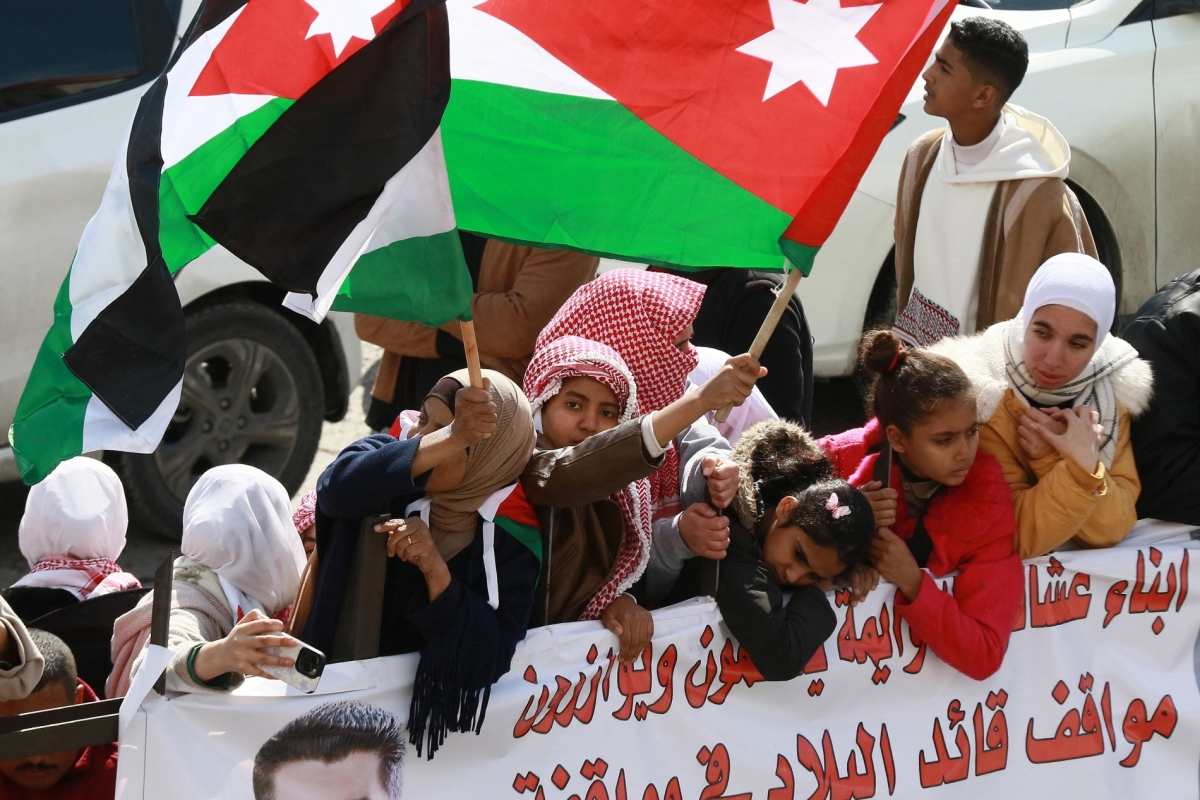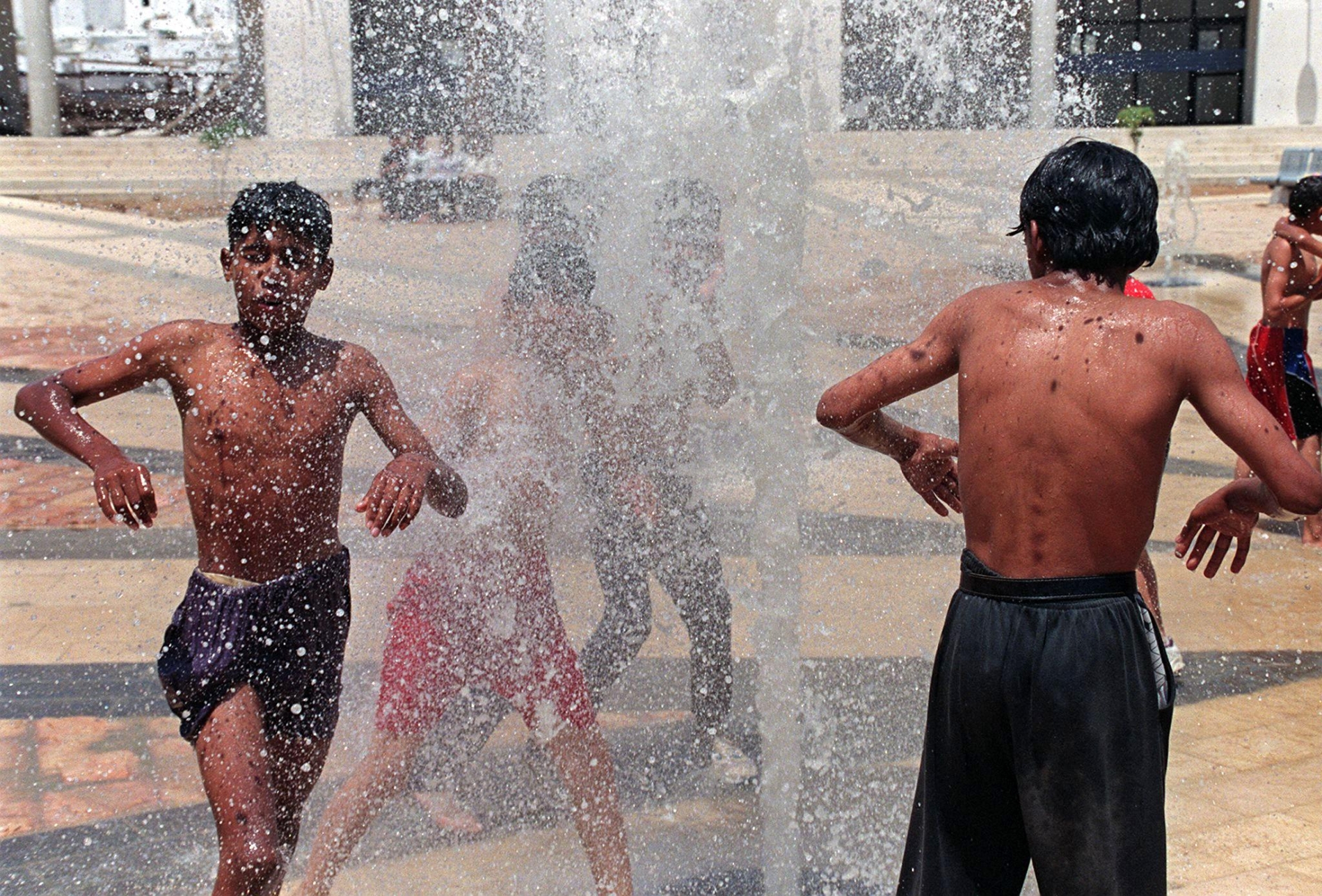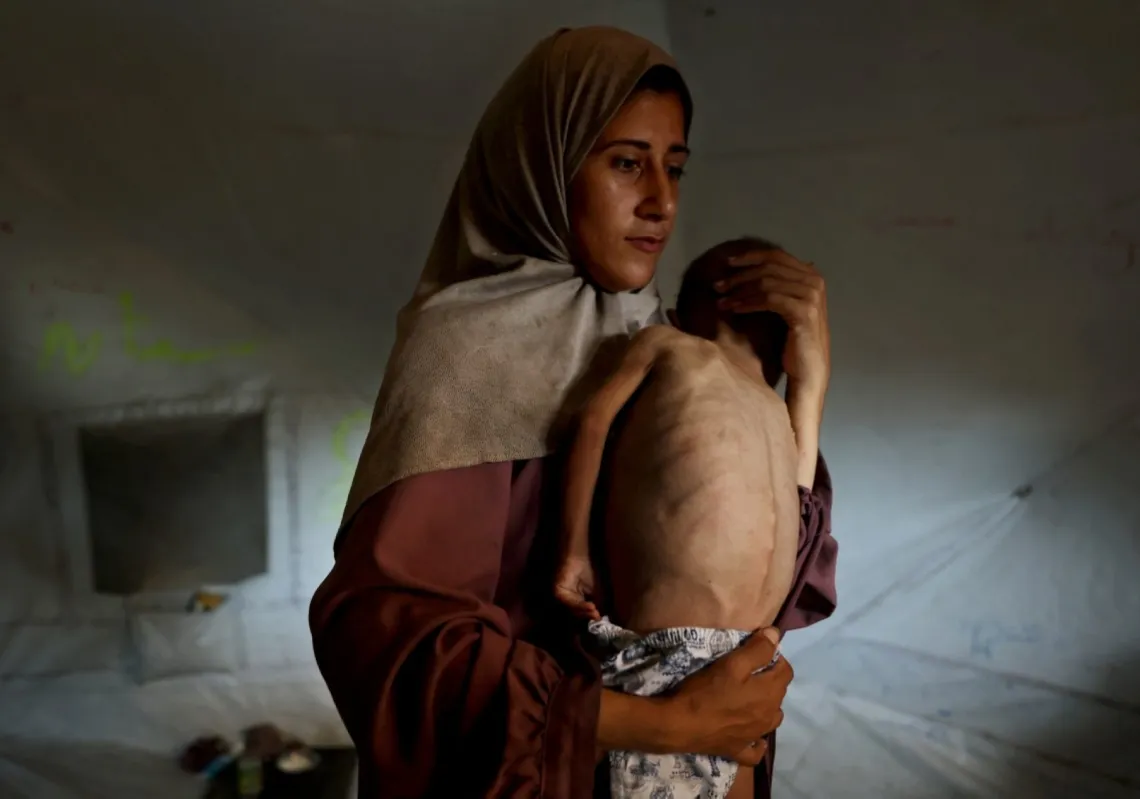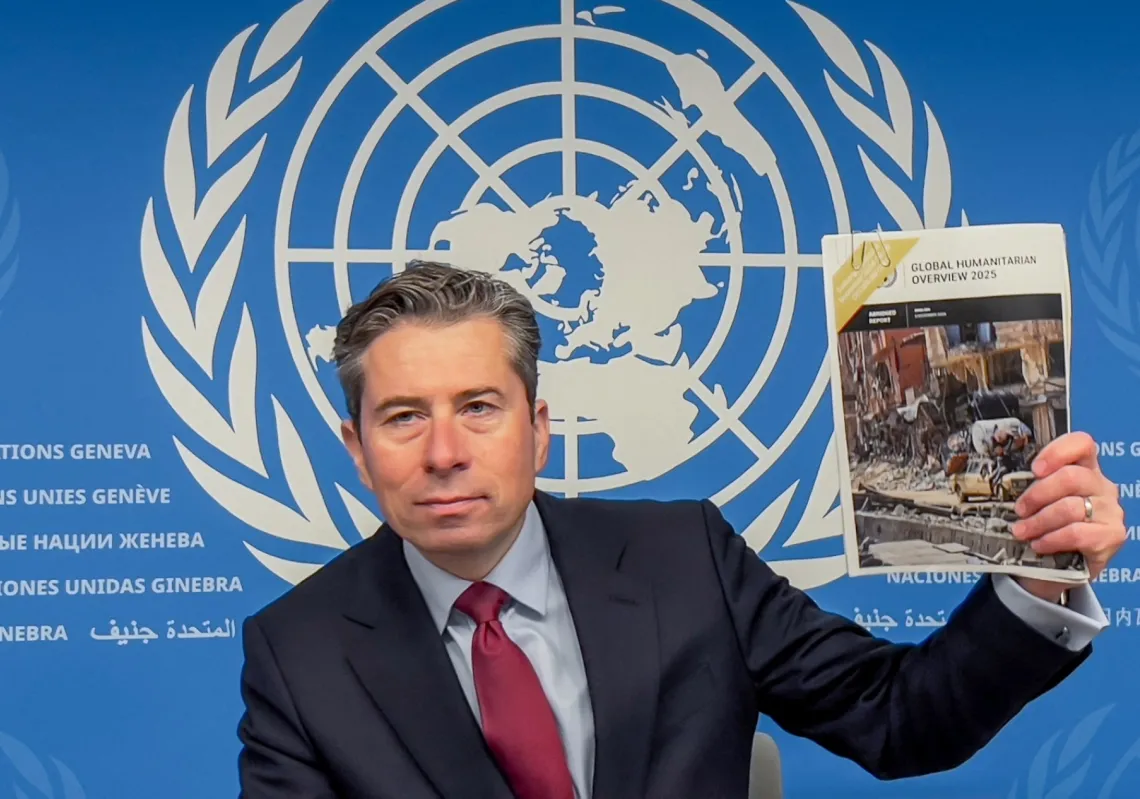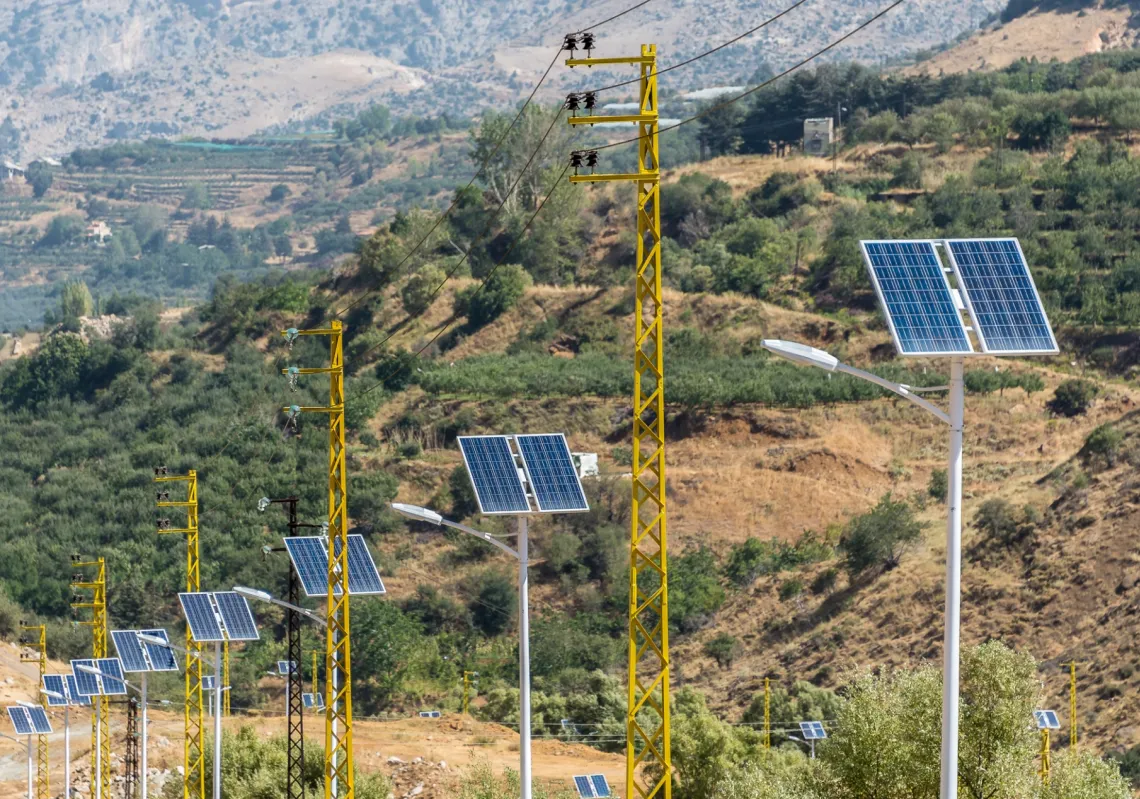Jordan’s domestic politics are under global scrutiny as a government overhaul looms, with the changes expected in the kingdom taking on a higher profile due to the state’s vital role within the turbulent geopolitics of the Middle East.
With a ministerial reshuffle expected, familiar points of political tension at home are being closely followed abroad, where Jordan has a reputation for stability and composure amid the wider regional turbulence.
The kingdom has been proactively engaging with the world despite mounting domestic tensions, where fears of administrative and bureaucratic stagnation persist, despite years of reformist rhetoric. Constrained by economic realities, the government has struggled to address critical challenges like inequality, faltering investment, and serious problems in the jobs market. A recent report revealed that youth unemployment has exceeded 46%, a staggering figure.
However, the process of deeper reform—often unnoticed in the local media and by pundits in Amman—has already begun in the capital’s Fourth Circle district, where the office of Prime Minister Jafar Hassan is located. From there, large-scale infrastructure projects tied to regional initiatives are already underway, particularly within the transport sector. Sources close to Hassan also point to moves toward a national health insurance strategy—currently said to be under phased evaluation—after breakthroughs in securing treatment for cancer patients.
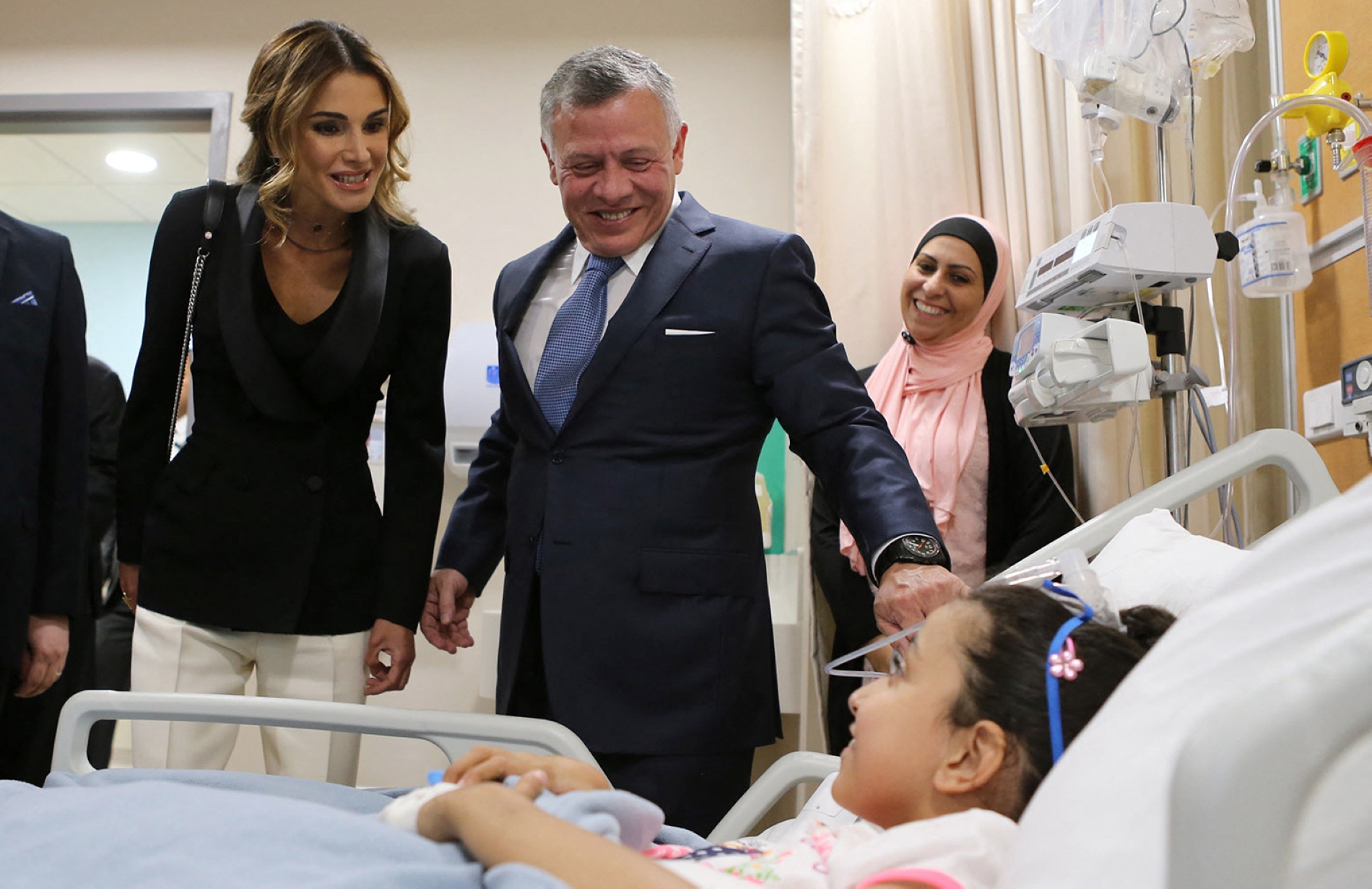
Economic reform
There are also moves toward economic reform. In the building opposite the prime minister’s compound is a diverse and professional team in a reconvened unit supervised by Muhannad Shehadeh, the minister of economic affairs. It is in charge of developing an actionable roadmap for the second phase of the government’s signature policies known as the Economic Modernisation Vision.
The broad outlines are being shaped through sessions held at the Royal Court, under direct management there. In a new development, all relevant ministers are now required to be personally and actively involved with the process, with contributions expected to be realistic.
Detailed programmes of action will be combined into a comprehensive four-year national state plan, compiled by Hassan’s office. According to administrative sources there, the prime minister’s Fourth Circle hub is at the centre of a network with a core mission of reforming the economy and developing state institutions.
Nonetheless, Jordan’s local press and the capital’s daily political discourse remain fixated on familiar subjects, most notably rumours over a ministerial reshuffle. Such a change is anticipated to come before any full cabinet reshuffle, reaching various levels and institutions across the state.
Some changes reflect a need to revitalise outdated roles. Others respond to regional and global shifts which demand new methods and approaches to align with a rapidly evolving environment.
The government has gone ten months without a reshuffle. It now appears poised to shake up its internal structure in an attempt to regain momentum. Leaks from decision-making circles suggest that there is serious push to optimise performance, beginning with service ministries burdened by bureaucracy and extending to sovereign portfolios now in need of figures who can keep pace with rapid change rather than hinder it.

